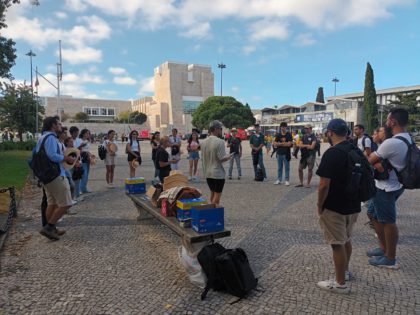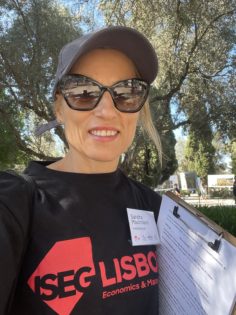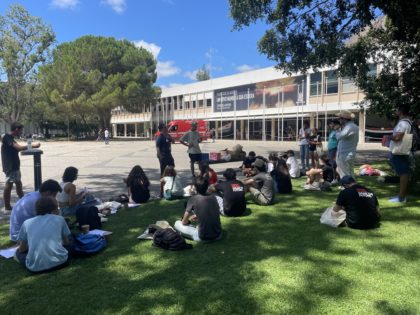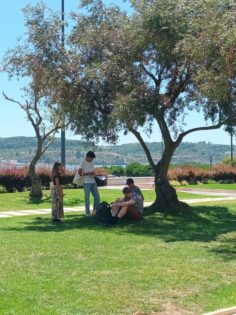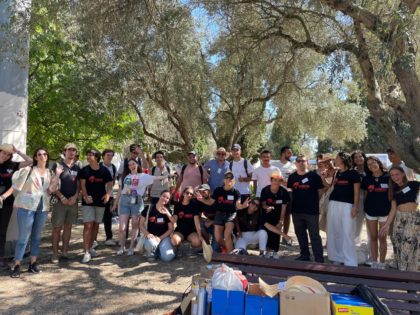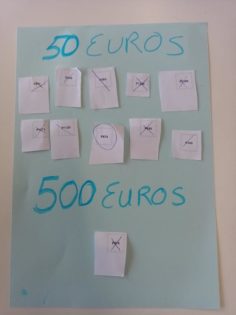During the World Youth Event 2023 in Lisbon, at the Forgiveness Park, the research team composed of Sandra Maximiano (ISEG), João Pereira dos Santos (ISEG), António Silva (ISEG) e Susana Peralta (NOVA SBE), conducted a field experiment with the pilgrims.
To incentivize the behaviour of the participants in the experiment, we promised to select 22 lottery winners: 11 individual prizes and 11 NGO prizes. The winners of NGO prizes will be announced on September 20th on the xlab website.
On the 18th of August, we selected the winners of the individual lottery. The first 10 winners won a voucher of 50 euros each and the 11th winner won a voucher of 500 euros. Participants´ lottery number appears on the card they received at the end of the experiment. The winners are posted in the order that they were drawn:
Winners of the 50 euros vouchers: P949, P349, P679, P971, P536, P1386, P680, P1129, P1320, P1271
Winner of the 500 euro voucher: P979
Many thanks to all participants and congratulations to the winners!
If you are one of the winners, please send an email to passda.xlab@gmail.com with a photo of the card that you received at the end of your participation.
Watch the video of the Individual Winners Lottery!


